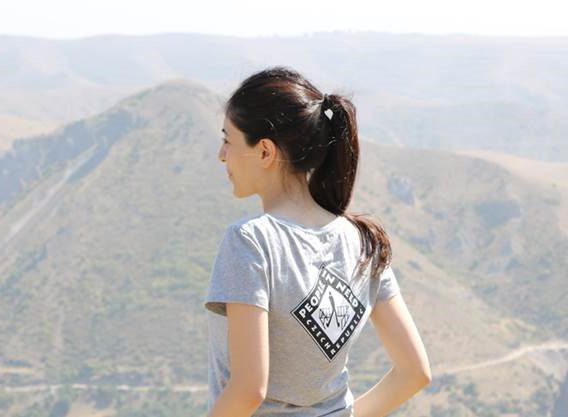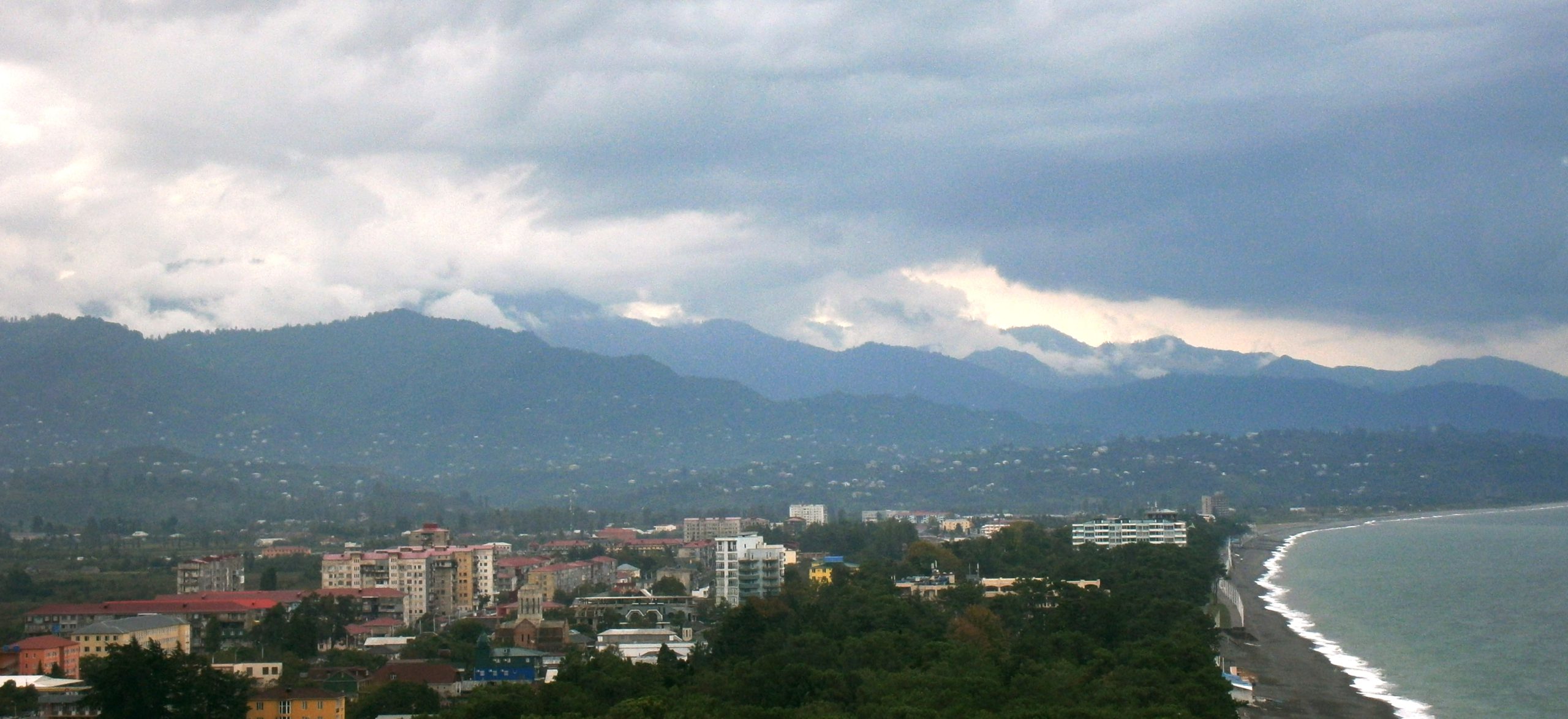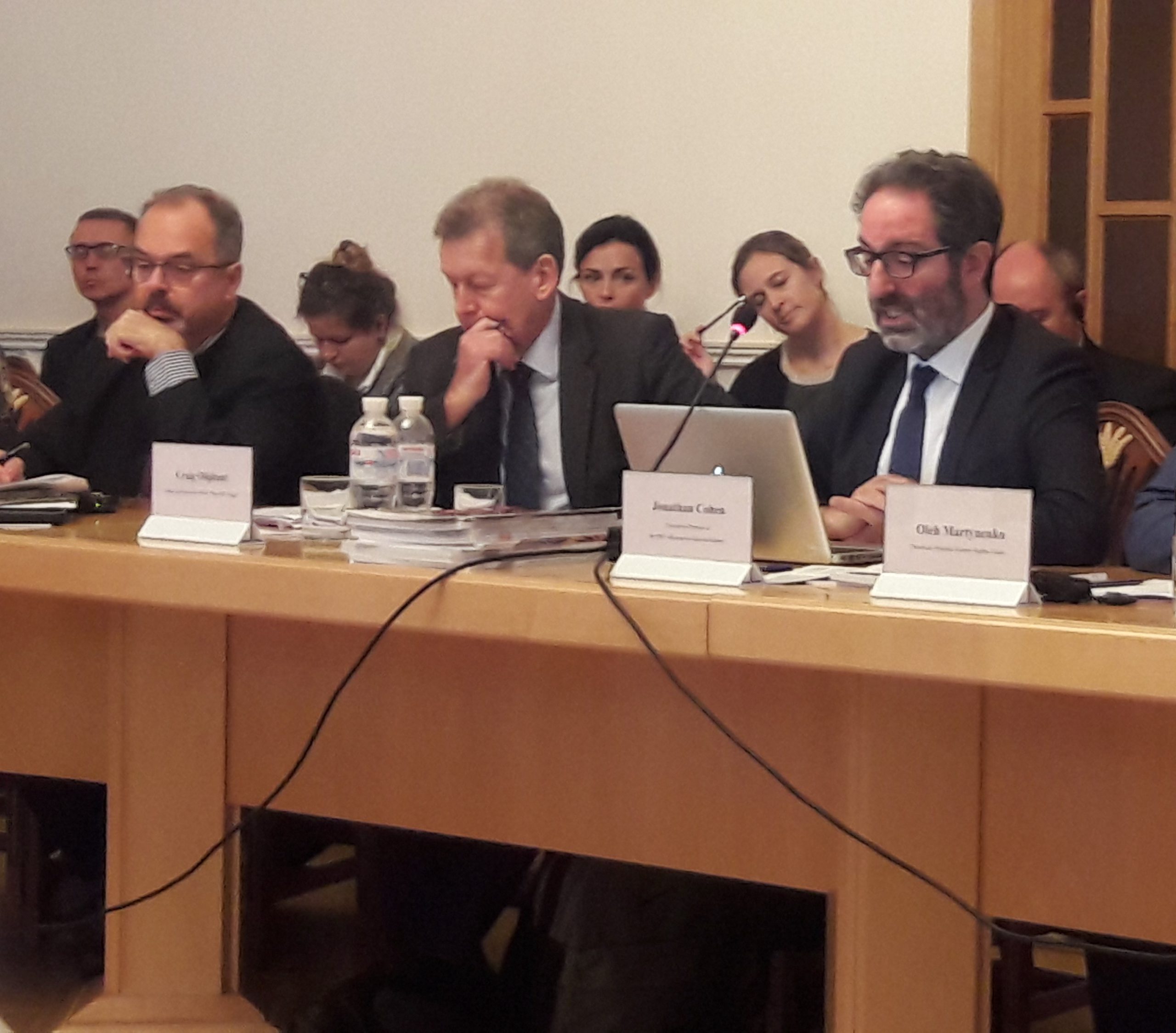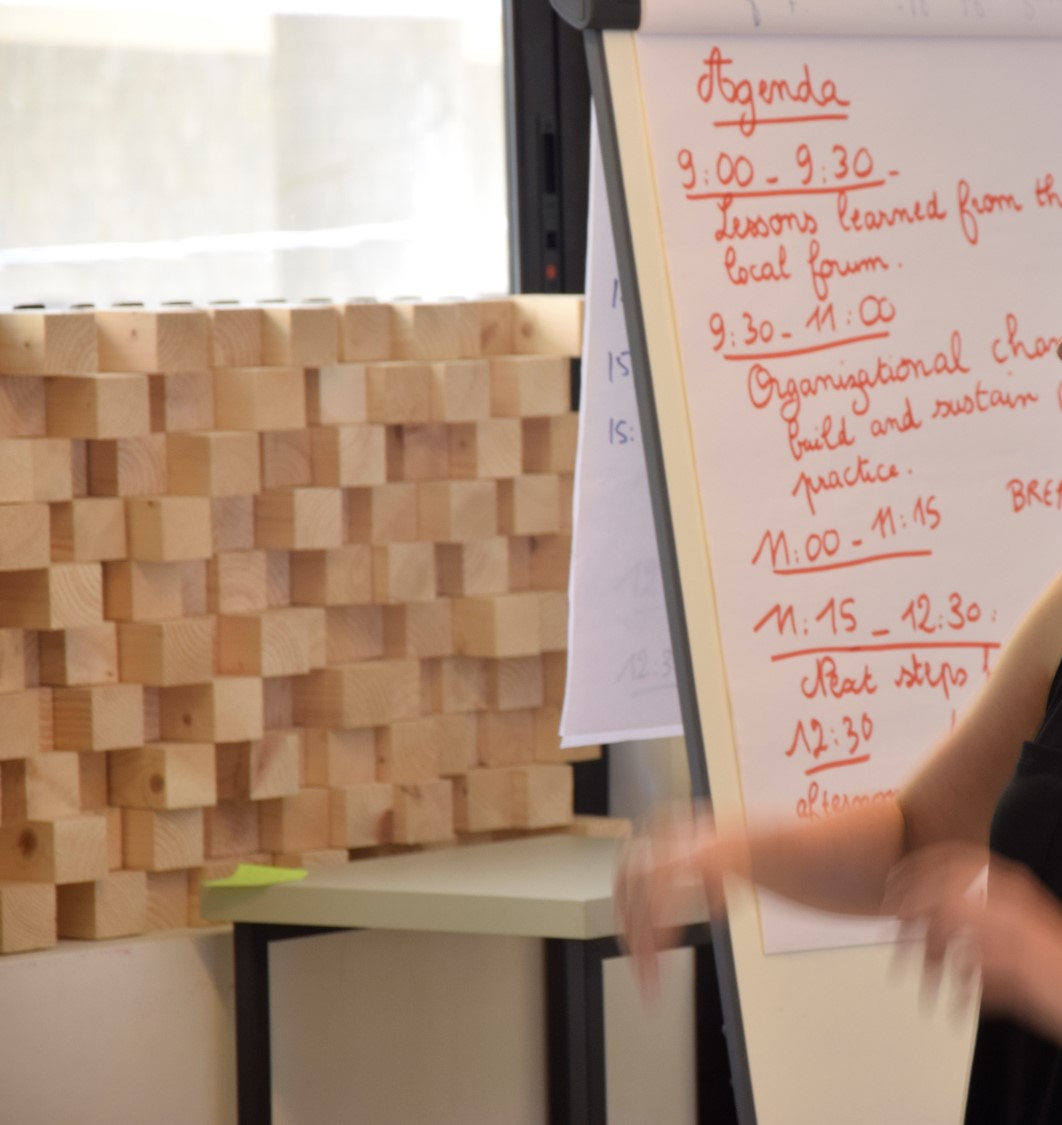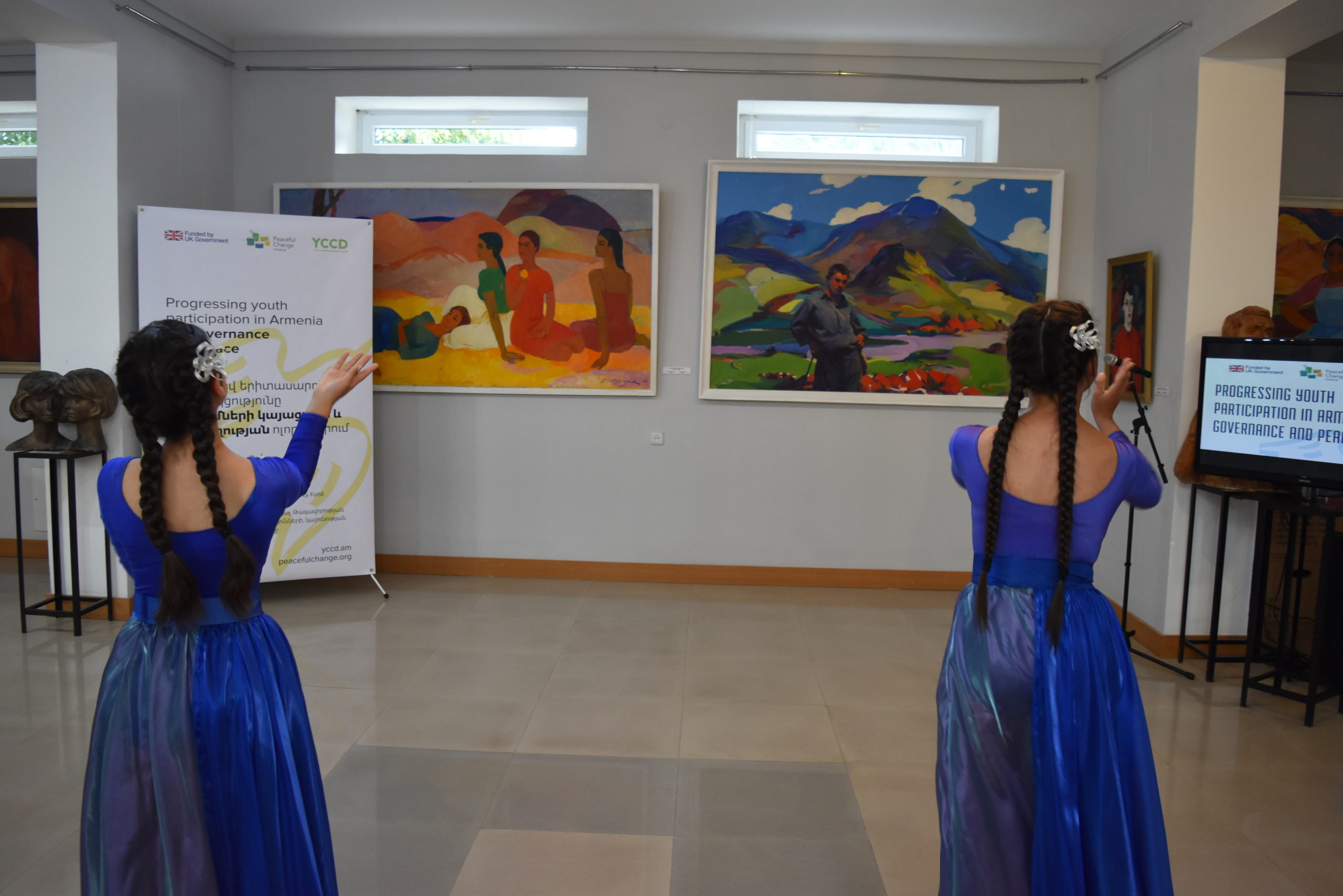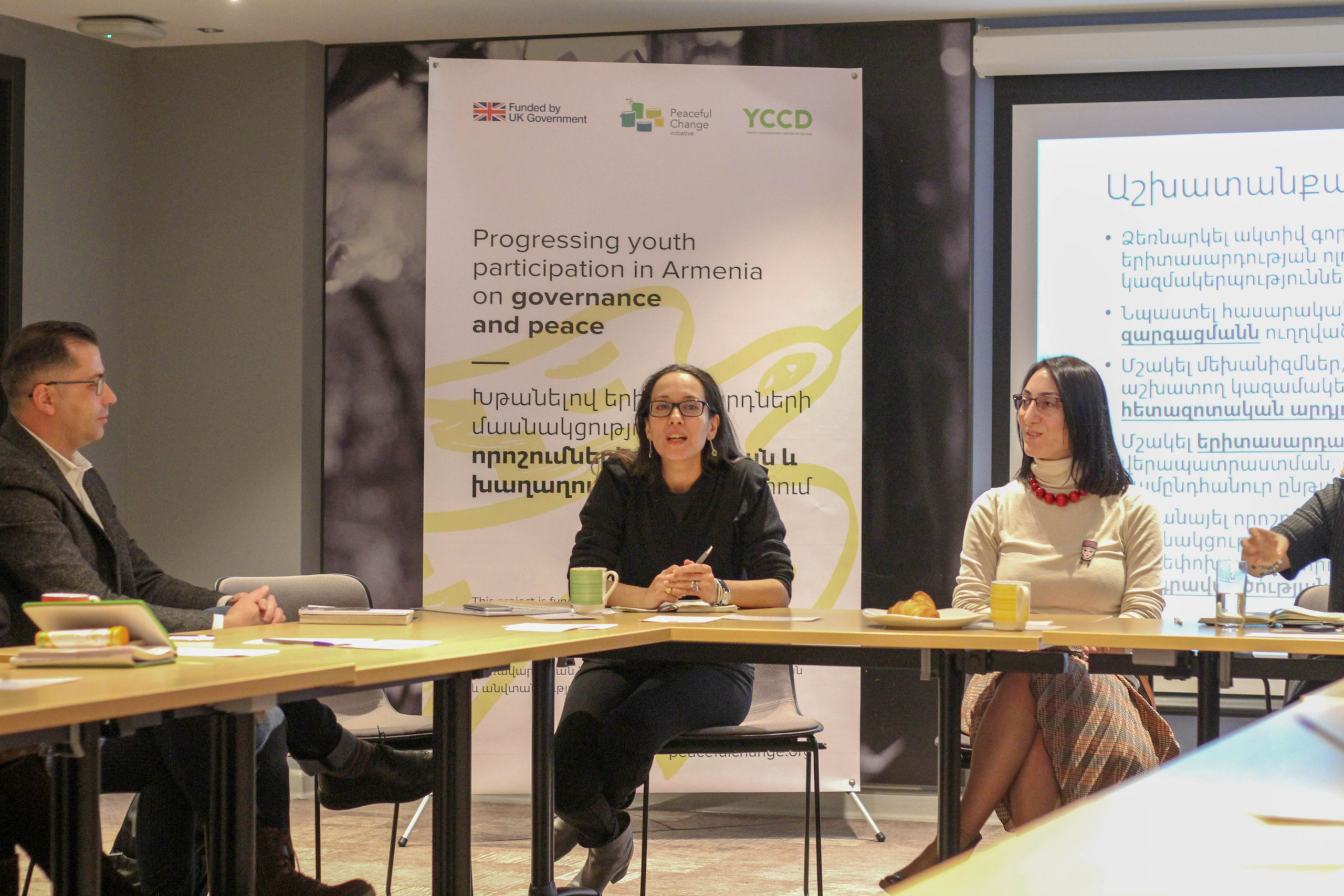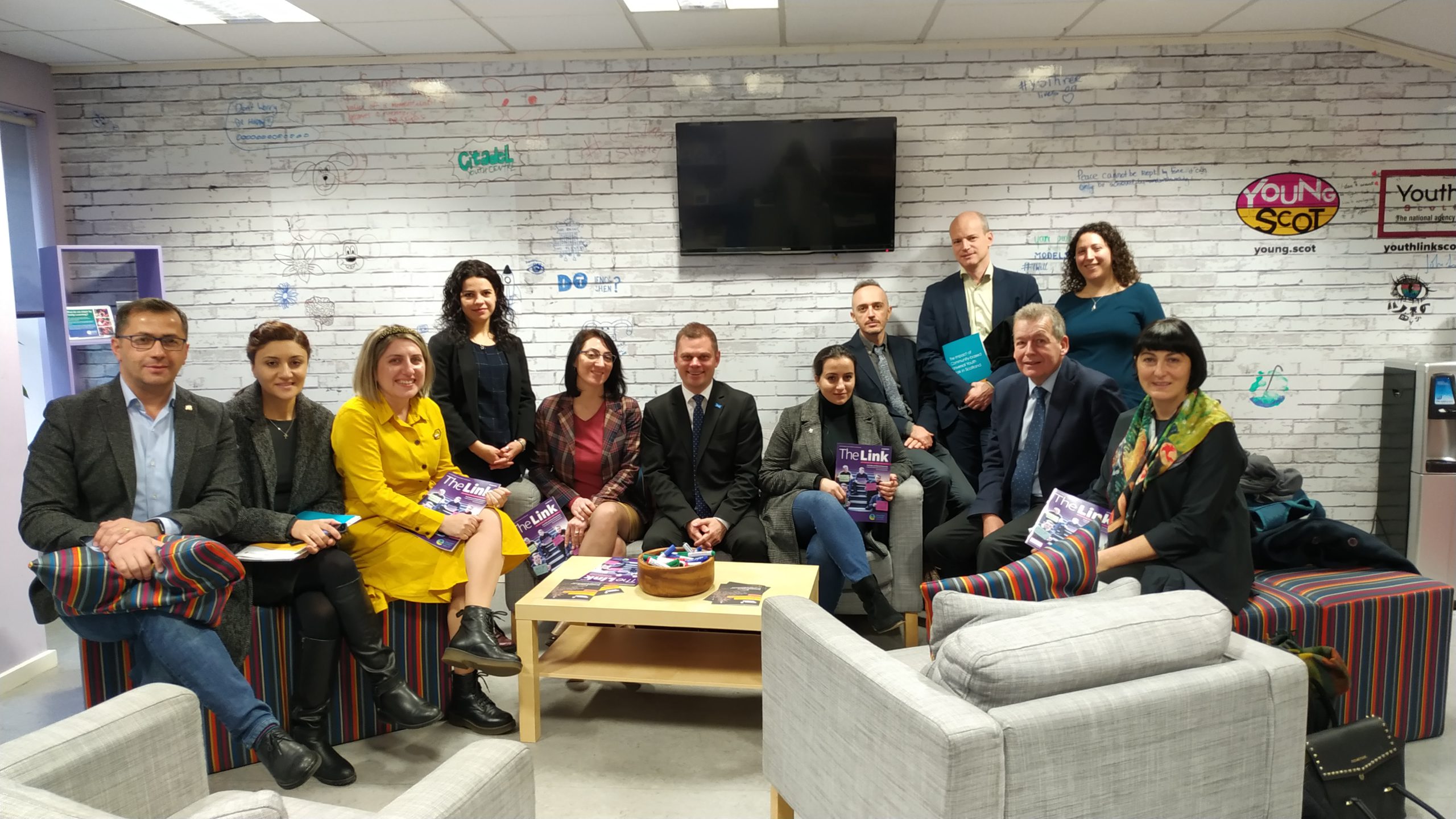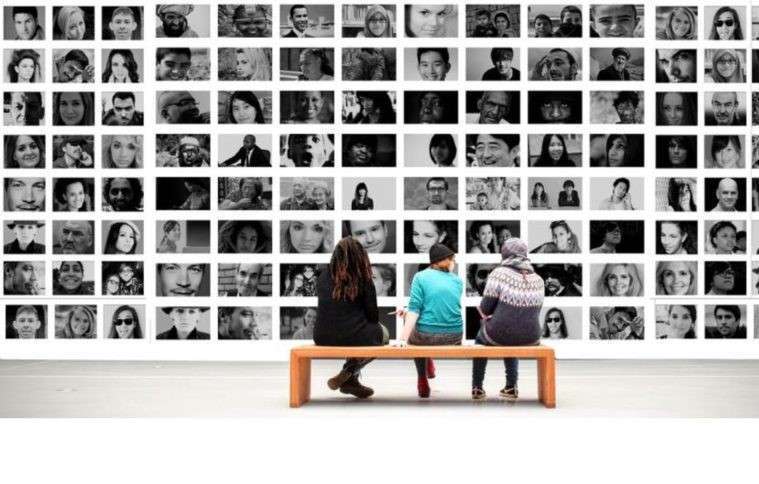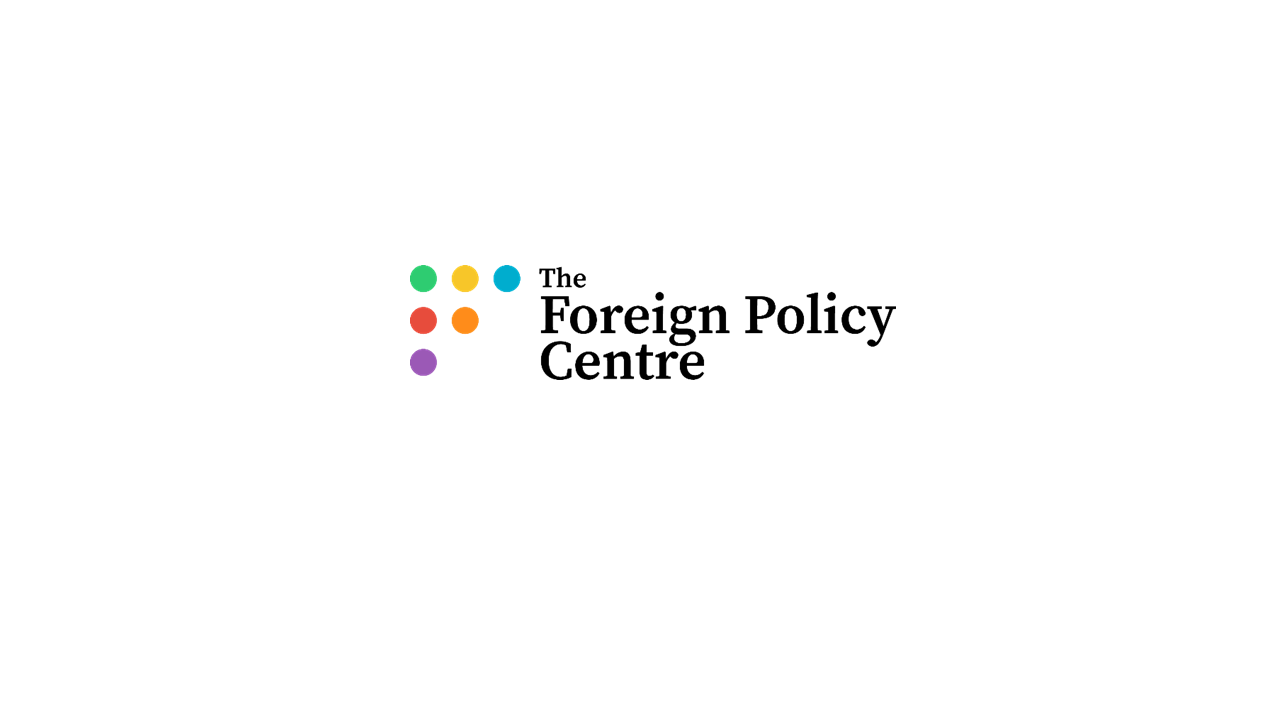
Peaceful Change initiative’s Programme Lead on the Western Balkans Programme, Ian Bancroft, participated in the Foreign Policy Centre Webinar on “Building a lasting peace? Power sharing and sectarian identities in Bosnia” on 9 February 2021. The panel discussion was focused on the complex relationship between peace building, power sharing and sectarian identities in Bosnia; it also examined the real challenges of improving public trust and reforming institutions in ways that enhance and protect peacebuilding in Bosnia.
To listen, please click here
The panel
Dr Allison McCulloch, Associate Professor at Brandon University
Anne Kirstine Rønn, PhD student at Aarhus University and attached to SEPAD
Ian Bancroft, Writer, diplomat and Programme Manager at the Peaceful Change Initiative
Baroness Helic, Board Member of the International Criminal Court Trust Fund for Victims
Chair: Fleur Anderson MP, Vice Chair of APPG for Bosnia and Herzegovina

